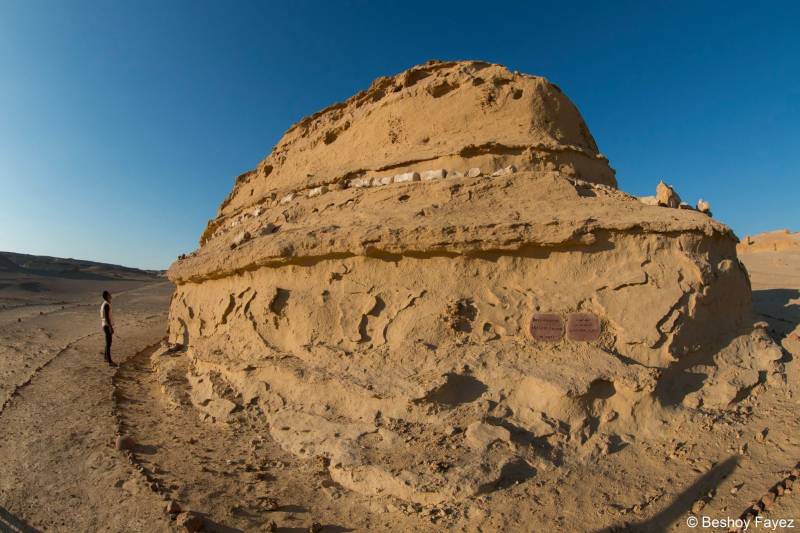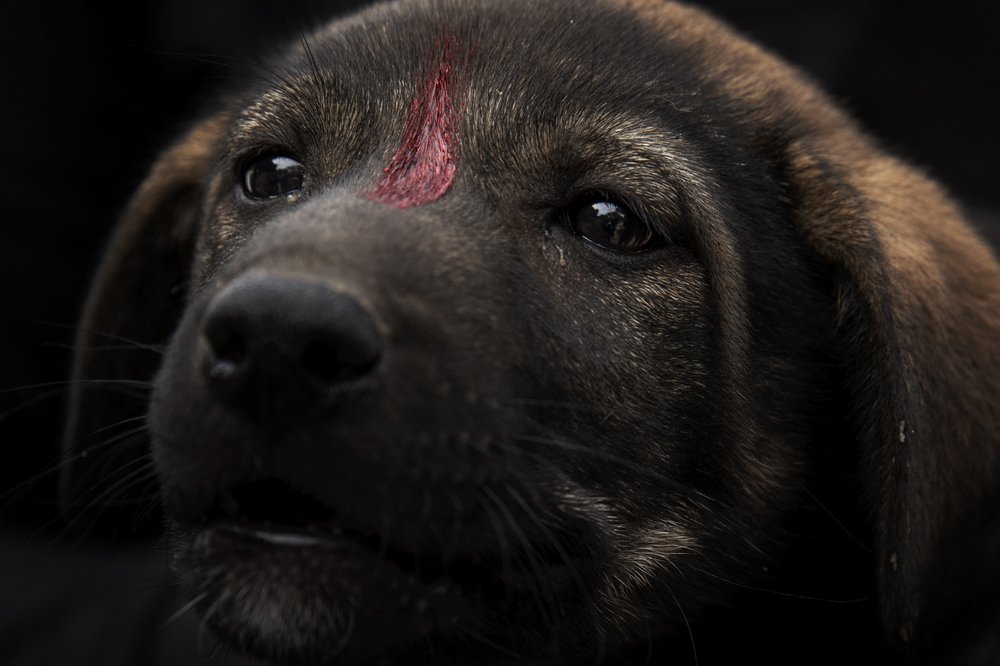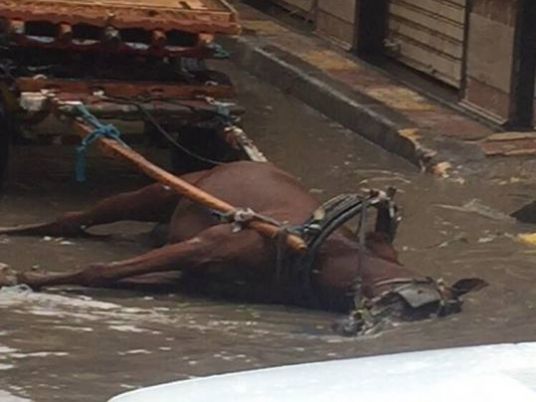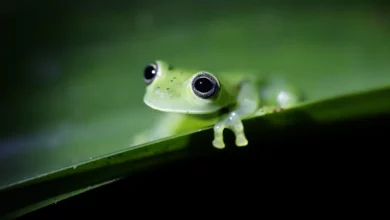
After actor Mohamed Ramadan publicly announced that he’d purchased a seven-month–old lion cub and kept it in a cage in his garden to prepare for his upcoming movie “Lion Heart,” a group of animal welfare activists launched a social media campaign asking audiences to boycott the movie.
In addition to promoting illegal animal trading and trafficking, activists assert that using animals for entertainment violates the teachings of Sharia.
“This isn’t the first violation,” says Farouk Sayf Al–Din, a wildlife and animal rights activist.
He says Ramadan also played a thug who used snakes to show his power and frighten people in a past film. To ensure the same success in future endeavors, the producer decided to repeat the experience, using wild animals including lions.
“I wonder how Ramadan could buy the lion, and who gave him permission or a license to keep it at his house?” asks Sayf Al–Din.
He adds that many countries have laws criminalizing the use of animals for medical and scientific purposes, as well as for entertainment shows, but that these violations still take place in Egypt.
“Moviemakers always go after revenues, and using animals is considered a strong attraction tool that they exploit for higher viewership rates and greater profits,” Sayf Al–Din asserts. “If the audience boycotted these types of movies, it would force the producers to respect animals and stop exploiting them.”
Leading animal welfare activist Dina Zulfikar says the main problem is the absence of censorship over the media industry, including movies, advertisements and TV shows.
“The censors only reject content that contains porn or kissing scenes, while they allow abusive language, violence and the use of animals,” she says.
The campaign she is part of started two years ago, with the broadcast of the TV show “Ramez Qalb al-Asad,” which featured lions. She also mentions a Mobinil advertisement in which a chimpanzee appears.
Zulfikar says another significant problem is the illegal exploitation of animals in other types of entertainment.
“We have been calling for a long time to replace animal shows in circuses with acrobatic performances,” she says. “Although there are about 12 circuses in Egypt, only two or three of them have licenses. Unfortunately, the rest of them work without any supervision from government institutions.”
She also recommends that the Egyptian National Circus improve animals’ living conditions by following guidelines set by the European Union.
Zulfikar thinks government bodies like the Environment, Education, Agriculture and Information Ministries are to blame for the increasing number of violations of animals’ rights in Egypt. But she believes that changing ministers isn’t the way to reform the system.
Instead, she thinks it’s more important to change what she calls lazy administrations that lack efficiency and awareness.
“I don’t only blame the producers, actors and workers who participate in these movies, I also blame the audiences who go to the cinema and buy a ticket to watch a show or a movie in which animals are obliged to entertain people,” she adds. “This is also part of the crime.”
This piece was originally published in Egypt Independent's weekly print edition.




